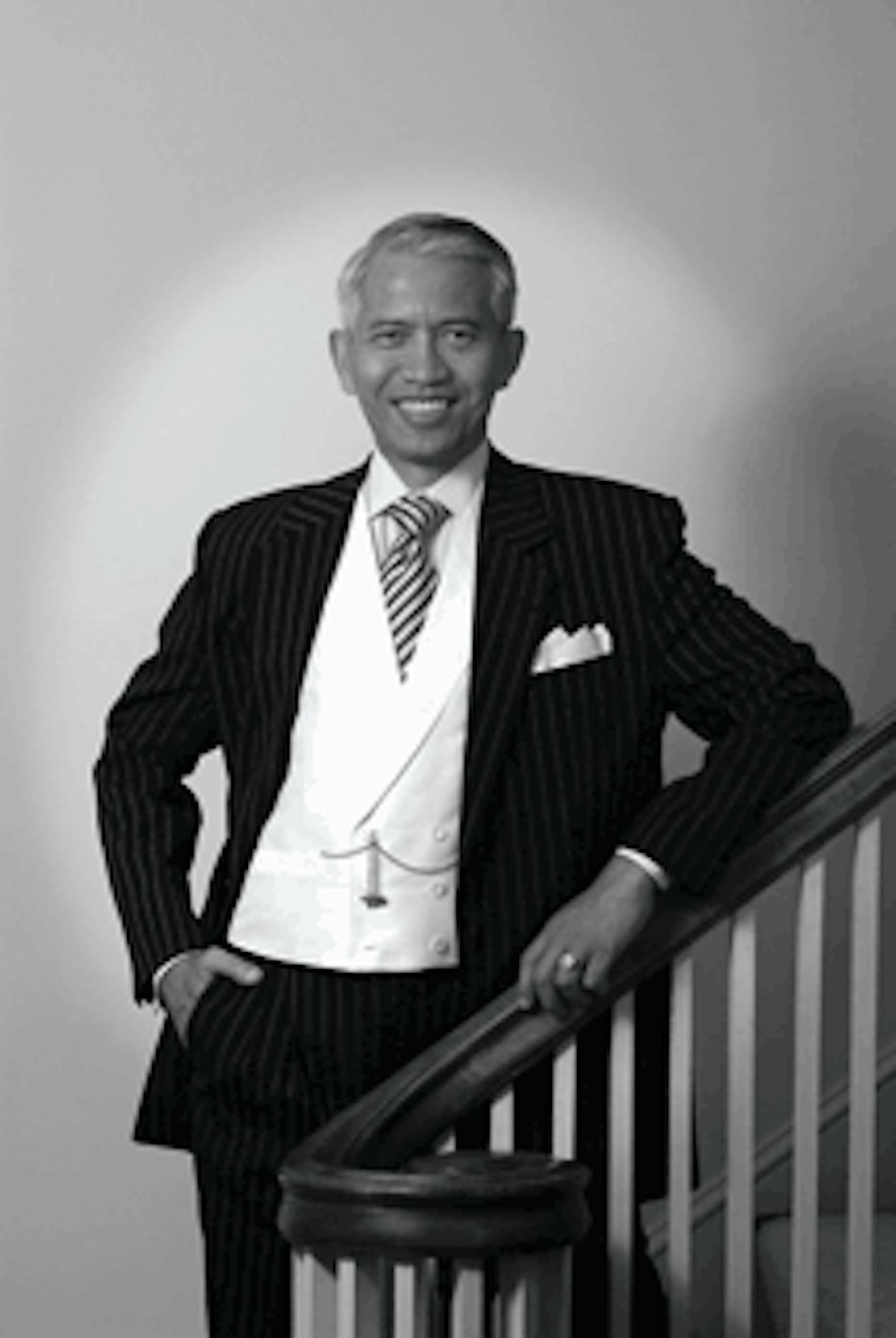It took the San Antonio resident thirty years to write the memoir Golden Bones—a reasonable time, perhaps, to appraise a life that includes an escape from Cambodia’s killing fields and stints as both a New York City cabbie and an ambassador to the United Nations. Diplomatic to the core, Siv recounts even his grimmest memories with grace and humor.
What does “golden bones” mean?
Cambodians refer to somebody who is blessed and lucky as a person “of golden bones.” When people from my father’s village learned that I had not only survived the genocide but had gone to America and was working for the president, they told me that I was truly a man of golden bones!
Describe the horrors that took place in Cambodia in the seventies.
The Vietnam War spilled over into neutral Cambodia. The 1973 Paris Peace Accords ended the war, but in 1975 the Khmer Rouge, under Pol Pot, became unexpectedly victorious and killed anybody they considered an enemy of their “revolution.” About two million people died of summary executions, exhaustion, and starvation.
How did you escape?
I was working for [the relief agency] CARE and was to be airlifted out by the U.S. embassy. I missed the last helicopter by thirty minutes. I survived one year of forced labor, and in February 1976 I jumped off a logging truck and made a three-day trek to Thailand. That June I arrived in Wallingford, Connecticut, with $2 in my pocket.
After thirty years in your adopted country, does it affect your feelings for Cambodia?
No.
What is the most satisfying position you’ve held since arriving in the United States, and how did it come about?
The White House position is it. I became the first American of Asian ancestry to be appointed deputy assistant to the president of the United States [former president George H.W. Bush], only thirteen years after I began my escape from a genocidal regime. This was simply awesome. I was an early volunteer in the campaign of Bush in order to better understand the presidential electoral process. The thought never crossed my mind that I would end up working for him at the White House. It was a combination of luck and fate!
Since you’ve returned to Cambodia, how has it changed?
There is still a big gap between enormous wealth in the cities and extreme poverty in the villages. Corruption and impunity are major issues. After these and other problems have been addressed, and the country has become politically and economically mature, the future will be brighter.
In writing your memoir, how difficult was it to relive old memories?
It took me thirty years to write Golden Bones. I hesitated at the beginning, as I knew it would bring back memories of pain and sadness. But I thought people would benefit from the story. I hope it will be widely read. Wherever you are and whatever you do, you will find something you can relate to. After all, it’s a human story. It’s an American dream story!
Has the tenor of national politics changed since your role in the George H.W. Bush administration—for better or for worse?
Nothing is permanent except change. The tenor of our national politics nowadays is very different from what I saw in 1988.
How did your move to Texas come about, and what is your next endeavor now that Golden Bones is complete?
I loved watching Western movies in French while growing up in Cambodia. I thought of Texas as a true symbol of “can do” spirit. I visited Houston and Austin in 1981, and my wife Martha’s hometown of Pampa in 1982. So I was a naturalized Texan before I became a U.S. citizen. In 2006, when we decided to move from the East Coast, the obvious choice was none other than God’s Country. I was not born in Texas, but I got here as soon as I could!







